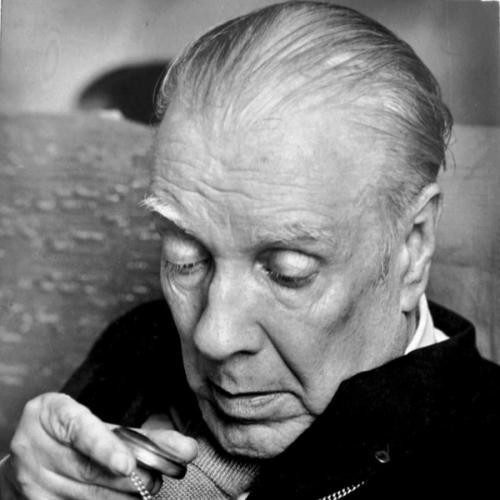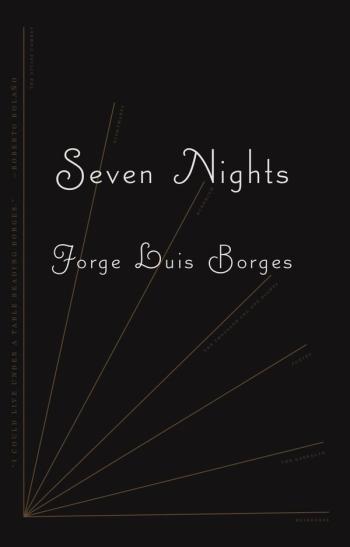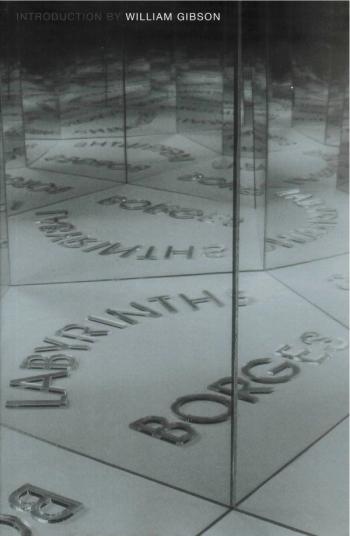Jorge Luis Borges
The great Argentine writer Jorge Luis Borges (1899-1986) defies classification. Borges was born in Buenos Aires and is the author of numerous collections of fiction, poetry, and essays. His groundbreaking trans-genre work, Labyrinths, has been insinuating itself into the structure, stance, and very breath of world literature for well over half a century. Writing that is multi-layered, self-referential, elusive, and allusive is now labeled Borgesian. “Jorge Luis Borges is a central fact of Western culture.” (The Washington Post Book World)





